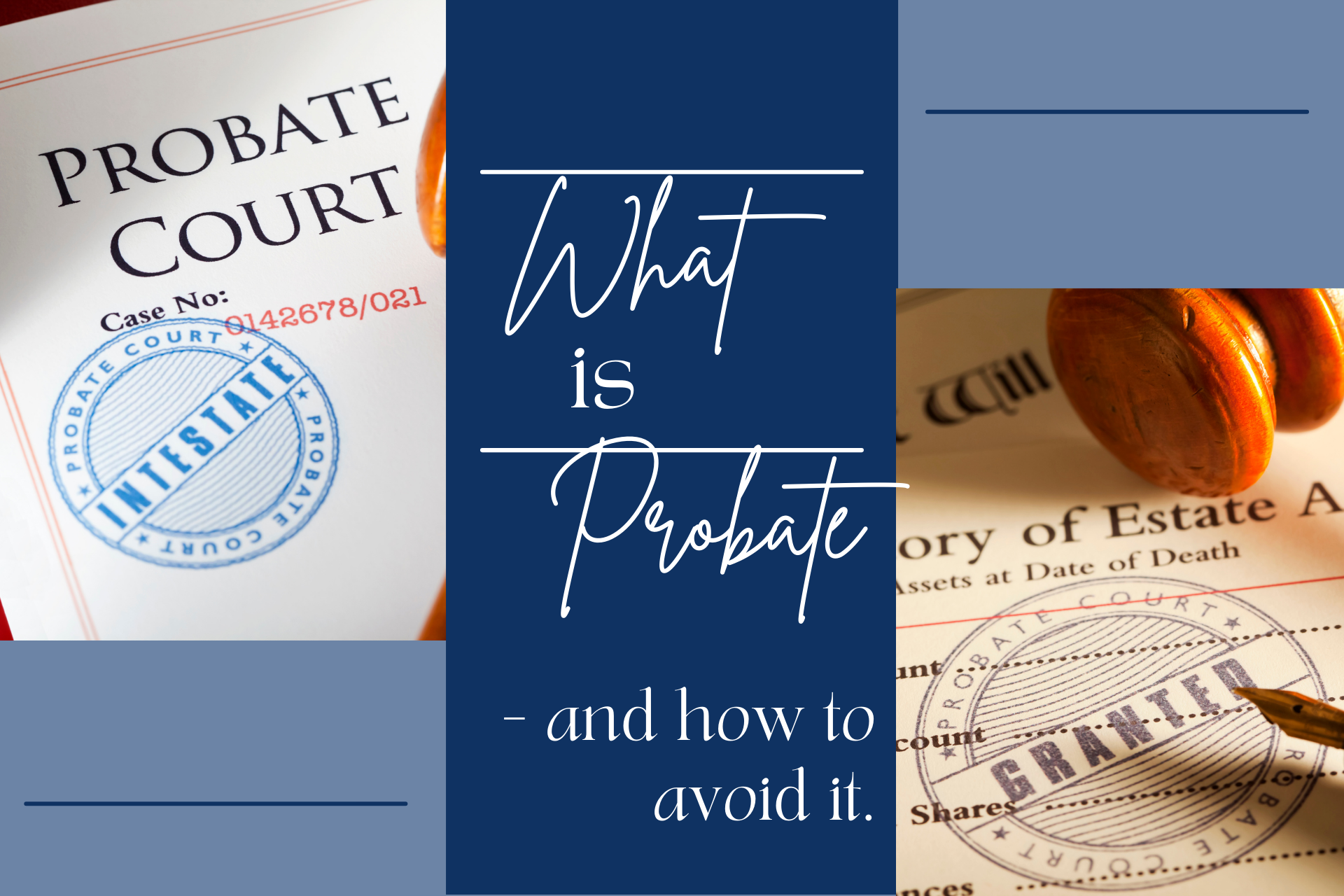What is Probate - And How to Avoid It
Probate is a necessary, sometimes tedious, legal process.

Probate is a necessary legal process that a deceased person's heirs have to go through when an estate is being settled. In some cases, probate can be a tedious and cumbersome process that may increase the stress associated with distributing wealth and assets to heirs. The more you know, the smoother the process may run, and there are techniques to avoid it entirely.
What Is Probate All About?
During the probate process, the debts and assets of the deceased are set under valuation. It is then determined, depending on whether there is a will or any prior agreement made by the deceased, how their estate and assets will be managed, and who will be the main beneficiary.
In some cases, probate can become quite complicated, especially when there is conflict between family members and other potential beneficiaries which, in some cases, can even lead to trial.
Necessary Costs and Requirements
Probate poses a number of concerns for potential heirs and beneficiaries:
- The process will require that all financial and material assets of the deceased be collected, submitted to inventory and appraised—a procedure that can be quite costly, and may last for months, depending on the total value of the estate.
- Bills and debts need to be paid, and creditors or debtors will be provided with a chance to sue the estate, and claim a part—or even all—of the assets, before the process can continue.
- Finally, remaining assets will be distributed among beneficiaries. If probate is avoided, this is basically the only step that will be required.
So How Can You Avoid Probate?
To prevent unnecessary stress and expenses, probate can be avoided entirely through a number of means: either you can name a transfer on death beneficiary, establish a revocable living trust, or share ownership with a spouse.
If you want to help your descendants and beneficiaries avoid the hassle and expenses associated with probate, these are the best and most straightforward methods to consider. However, be sure to get proper legal advice before making any major decision.
Copyright HomeActions, LLC © 2012 - 2022. Powered by IndustryNewsletters, v5.6.0











Share On: